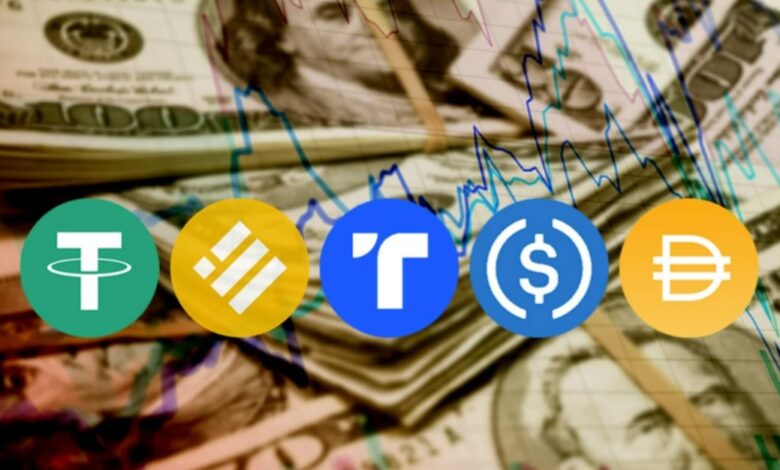Stablecoins Go Mainstream: Institutions Lead the Next Phase of Adoption

Once again, sablecoins are gaining renewed momentum in mainstream finance as major companies from both the trading and payments sectors step deeper into digital asset territory.
Interactive Brokers, one of the largest global brokerage firms, and fintech giant PayPal have each unveiled plans to expand their crypto-related services, a signal that institutional appetite for digital dollar alternatives is only accelerating.
Interactive Brokers Eyes Stablecoin Launch
Interactive Brokers, which serves over 3.8 million clients and manages $664 billion in assets, is reportedly exploring the creation of a proprietary stablecoin. According to sources cited by Reuters, the fiat-pegged digital asset would enable users to fund brokerage accounts directly with crypto, potentially streamlining account top-ups and settlements.
While the company has yet to commit fully to the launch, it confirmed ongoing exploratory efforts. “We’re still assessing the possibilities and haven’t made a final decision,” a spokesperson told Cointelegraph.
The move would position Interactive Brokers alongside Wall Street stalwarts like JPMorgan Chase, Citigroup, and Bank of America, all of whom are exploring stablecoin issuance in light of new U.S. legislation. Interactive Brokers already has crypto infrastructure in place through partnerships with Paxos and Zero Hash, which facilitate regulated digital asset trading and custody.
These developments come in the wake of the recently passed GENIUS Act (July 18), a legislative milestone that provides regulatory clarity for stablecoin issuance and payment use cases. The law has triggered a new wave of interest from traditional finance (TradFi) players looking to compete with dominant crypto-native issuers like Tether (USDT) and Circle (USDC).
PayPal Rolls Out Crypto Checkout for 100+ Tokens
Meanwhile, PayPal has launched a powerful new feature that allows U.S.-based merchants to accept payments in more than 100 cryptocurrencies — including Bitcoin, Ethereum, Solana, USDC, and its own stablecoin PYUSD.
Announced Monday, the tool integrates with leading crypto wallets such as MetaMask, Coinbase Wallet, Kraken, and Binance, converting crypto payments at checkout into PYUSD or fiat. This allows merchants to benefit from digital payments without exposure to market volatility.
PayPal is targeting small- and medium-sized businesses that have long struggled with high fees and friction in cross-border transactions. With a 0.99% transaction fee — far lower than Visa’s 1.75% baseline, the company is positioning crypto as a cost-effective alternative to credit cards.
PYUSD, PayPal’s dollar-pegged stablecoin, has seen its market cap soar by nearly 80% this year, now approaching $900 million. This growth is part of a broader trend: stablecoins as programmable cash are gaining traction not just among fintechs, but also among merchants, developers, and international consumers.
A Fintech Race for Crypto Payments
PayPal’s move follows similar initiatives by Stripe, which rolled out a USDC payment feature last October and later integrated with Coinbase to enhance fiat-to-crypto services. Coinbase, for its part, continues to evolve its commerce suite, including innovations like the x402 protocol for automated stablecoin payments.
This escalating competition among fintechs is underpinned by a regulatory green light: the GENIUS Act provides a clear framework for how stablecoins can be used for everyday payments. The act has spurred innovation not only in payment platforms but also in the infrastructure enabling such transactions — from APIs to liquidity rails.
While centralized exchanges have long offered crypto payment tools, the embrace of stablecoins by traditional financial institutions and global fintechs represents a significant turning point. What was once the domain of crypto-native companies is now being reshaped by some of the world’s most established financial players.
Stablecoins: From Speculation to Utility
As regulation catches up to innovation, stablecoins are shifting from speculative tools to programmable infrastructure for global commerce. Whether powering payrolls in developing economies or reducing transaction costs for U.S. retailers, these digital dollars are quietly redefining how value moves in the 21st century.
With giants like Interactive Brokers and PayPal stepping into the arena, the line between traditional finance and digital assets is growing blurrier by the day and the age of stablecoin utility may be just beginning.





